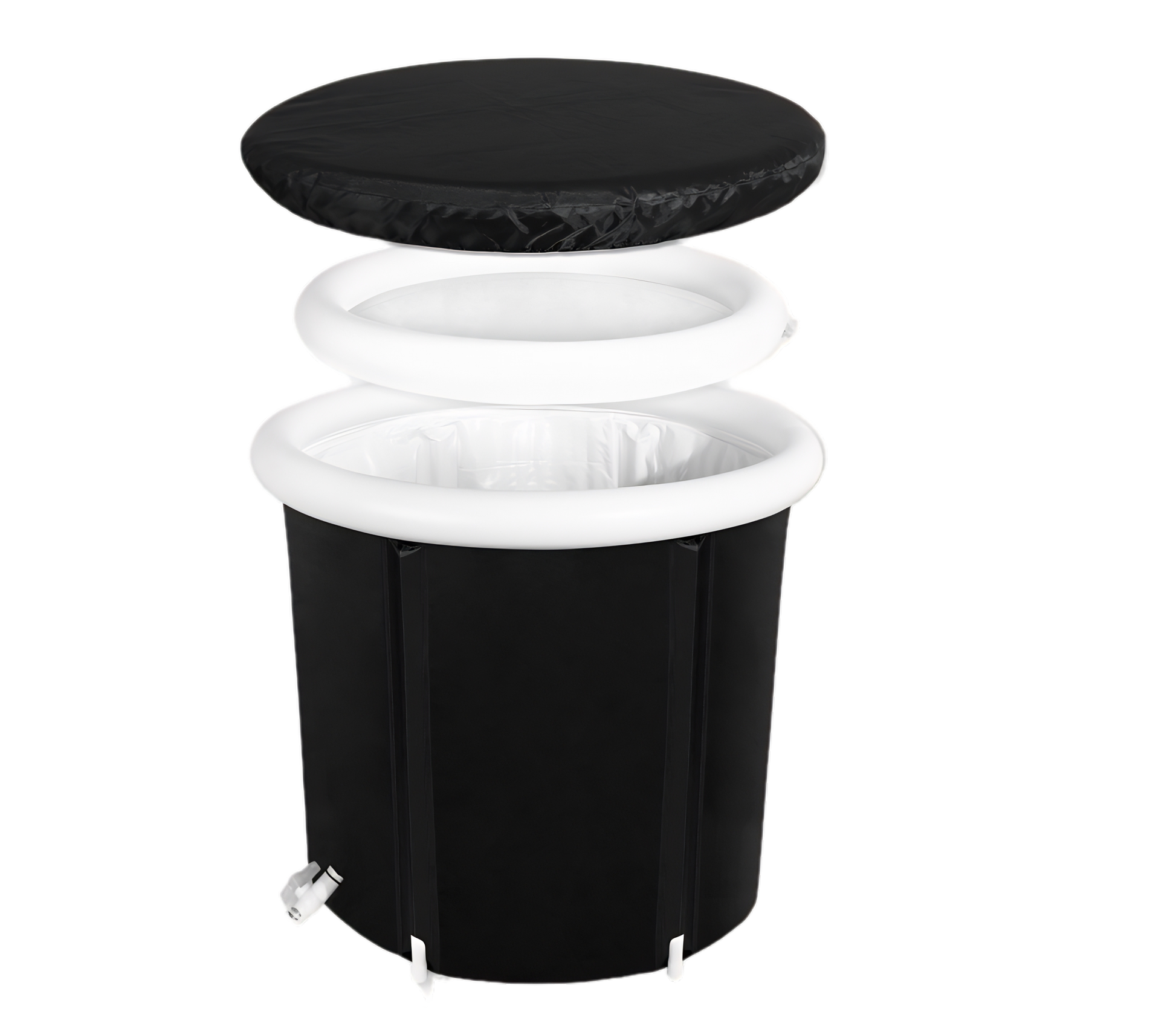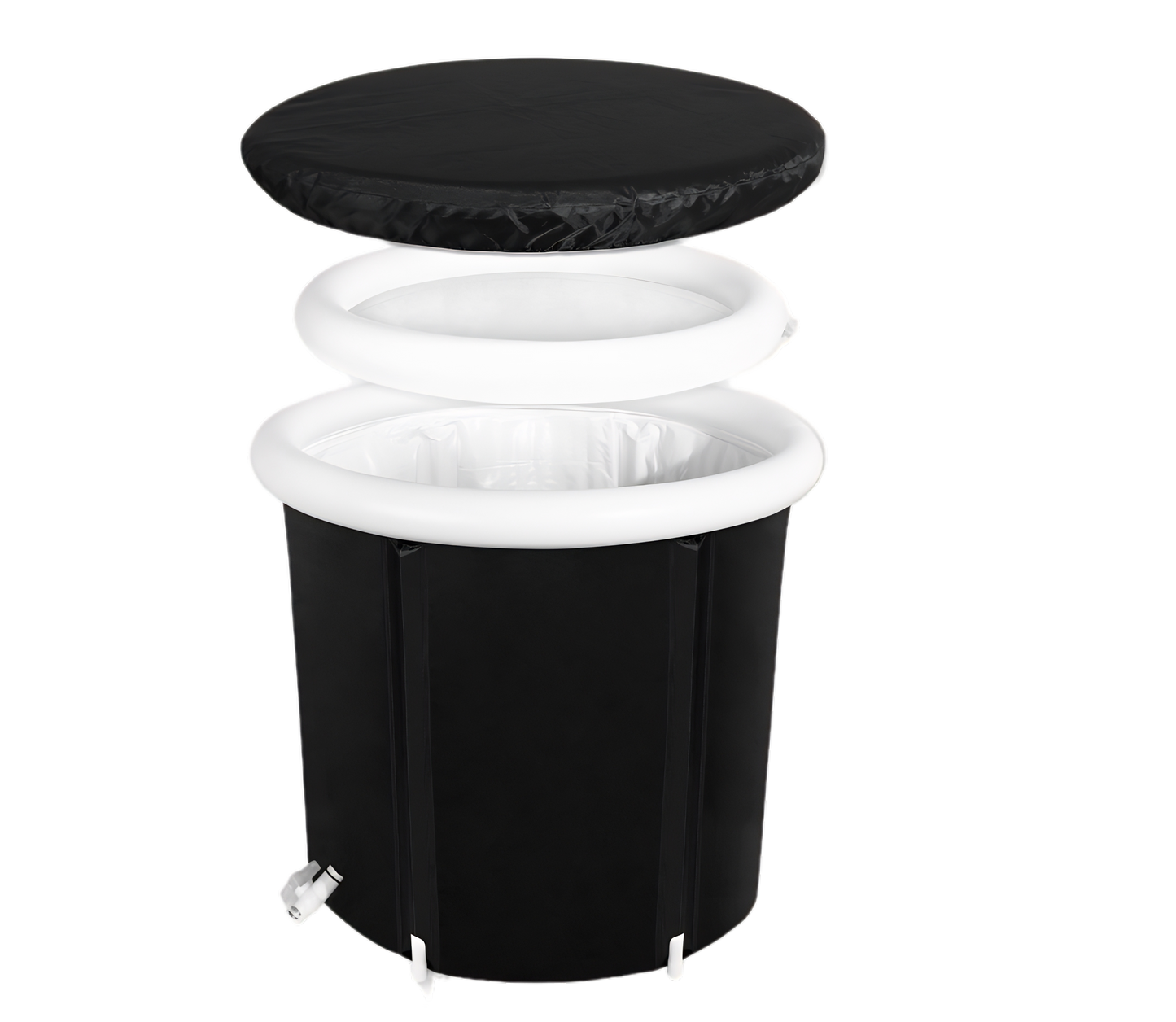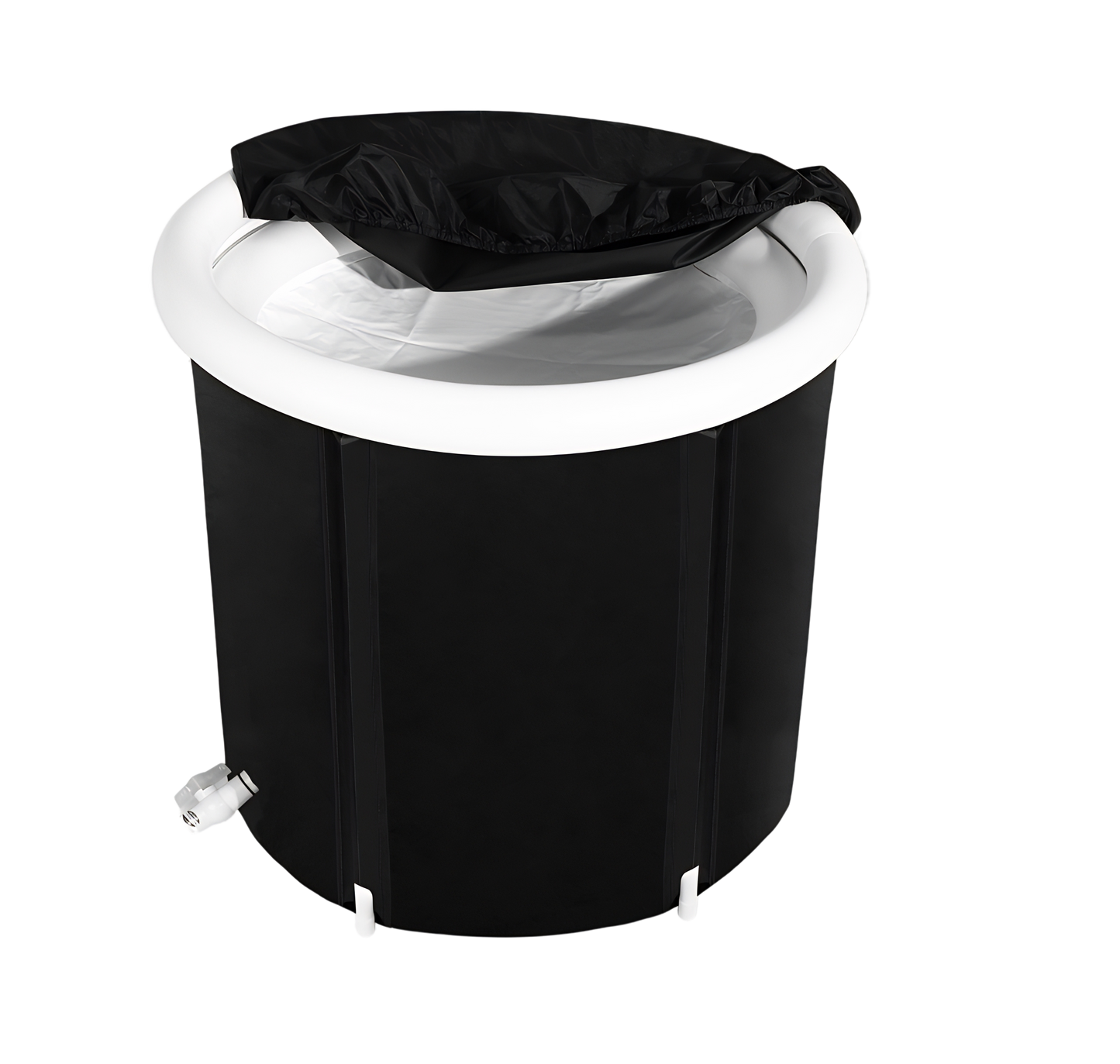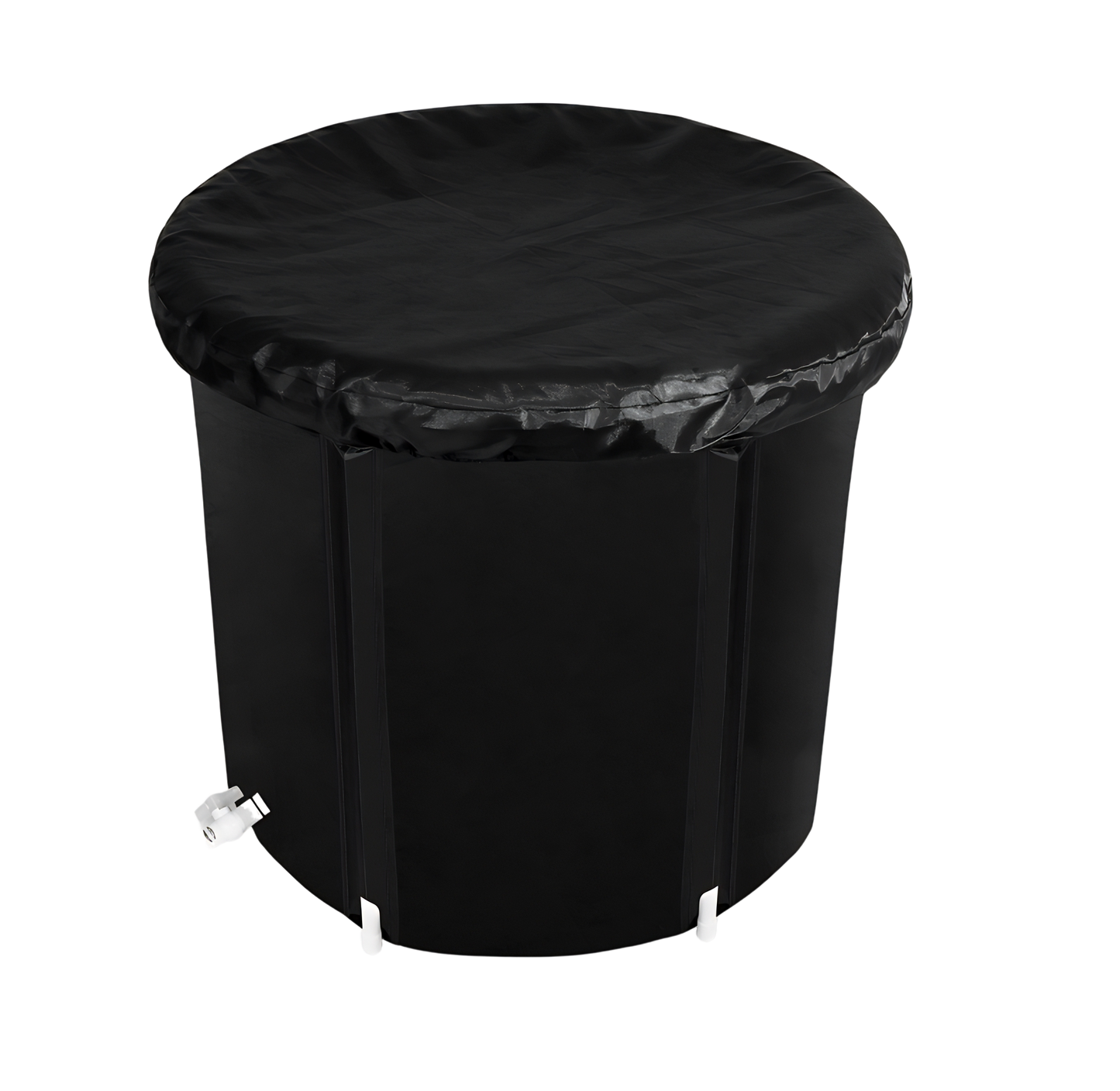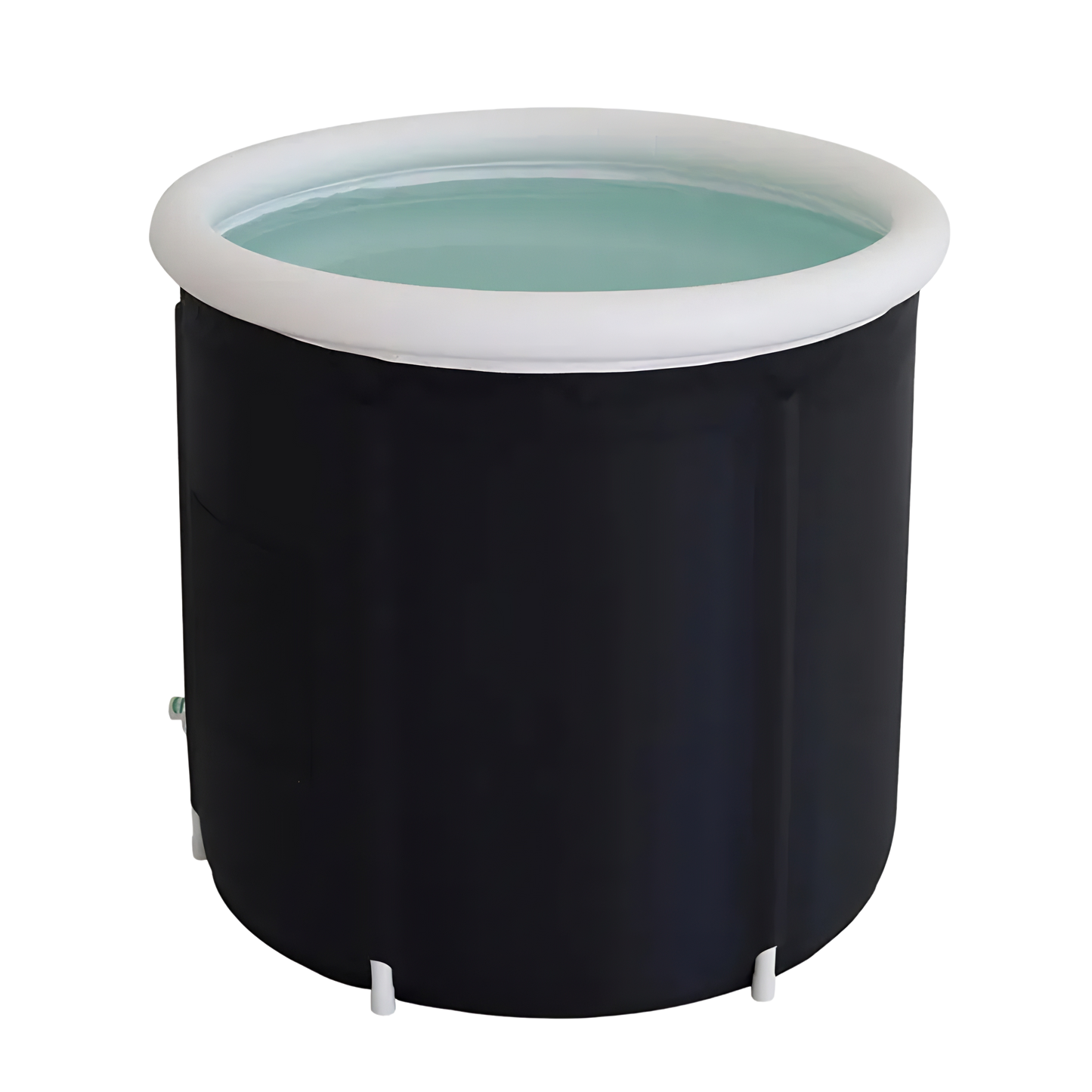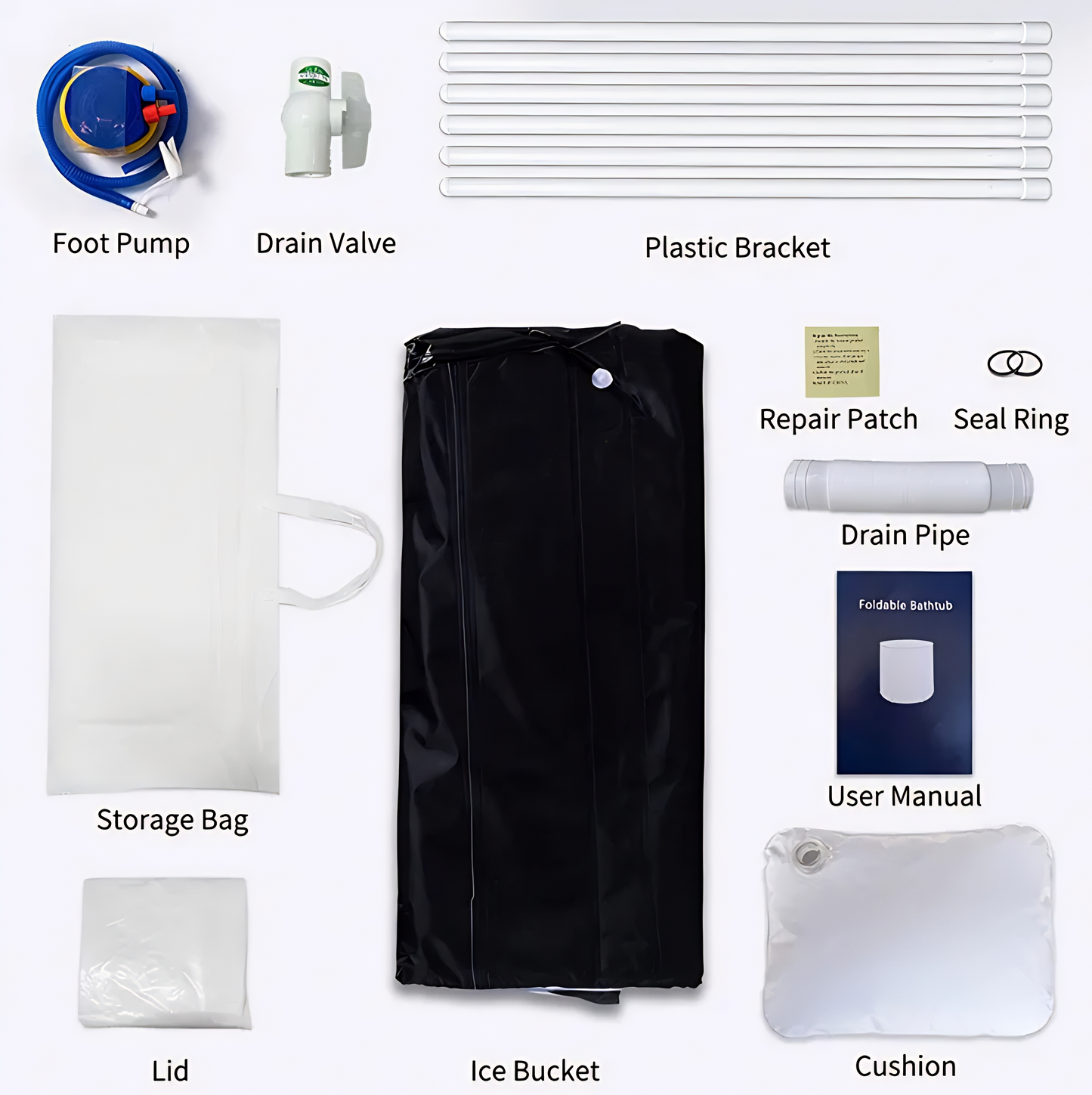In the management of ADHD, traditional approaches such as medication and therapy have long been the go-to strategies. However, there is growing interest in exploring alternative treatments that can supplement conventional methods. Ice bath therapy, also known as cold therapy, is one such potential approach that has gained attention in recent years.
While ice bath therapy should not replace prescribed medications or evidence-based therapies for ADHD, some studies suggest that it may offer additional benefits in managing ADHD symptoms. These benefits include improved focus, attention, and regulation of impulsivity.
It is important to note that incorporating ice baths into an ADHD management plan should always be done under the guidance and consultation of healthcare professionals. Research in this area is ongoing, and further studies are needed to fully understand the effectiveness of ice bath therapy for ADHD management.
Key Takeaways:
- Ice bath therapy is a potential alternative approach to managing ADHD symptoms.
- Some studies suggest that ice baths may improve focus, attention, and regulation of impulsivity in individuals with ADHD.
- Ice baths should not replace prescribed medications or evidence-based therapies for ADHD.
- Consultation with healthcare professionals is essential when considering ice baths as part of an ADHD management plan.
- Further research is needed to determine the efficacy of ice bath therapy for ADHD management.
Understanding ADHD and Non-Pharmacological Interventions
The Challenges of ADHD Management in Australia
ADHD, or Attention Deficit Hyperactivity Disorder, is a neurodevelopmental disorder that affects individuals worldwide. In Australia, managing ADHD can pose significant challenges for individuals and their families. The symptoms of ADHD, which include hyperactivity, impulsivity, and inattention, can interfere with academic performance, relationships, and daily functioning.
Why Consider Alternative ADHD Treatment?
While traditional treatments for ADHD often involve medication and therapy, there is a growing interest in non-pharmacological interventions. Many individuals and families have concerns about the potential overmedication of ADHD and the associated side effects. As a result, alternative ADHD treatments are being considered as a way to manage the condition without relying solely on medication.
Overview of Holistic ADHD Management Strategies
One approach to managing ADHD is through a holistic approach that addresses multiple aspects of an individual's life. Holistic ADHD management strategies encompass therapy, lifestyle changes, and alternative therapies that aim to improve overall well-being.
These strategies may include:
- Behavioral therapy: Working with a therapist to develop coping mechanisms, improve organizational skills, and manage impulsivity.
- Dietary interventions: Making dietary changes, such as avoiding food allergens or incorporating omega-3 fatty acids, to support brain health and reduce symptoms.
- Exercise and physical activity: Engaging in regular exercise to promote focus, reduce hyperactivity, and improve overall well-being.
- Mindfulness practices: Practicing mindfulness techniques, such as meditation or deep breathing exercises, to enhance self-awareness and improve attention.
- Supplementation: Using certain vitamins, minerals, or herbal supplements, under the guidance of a healthcare professional, to support brain function and manage ADHD symptoms.
It's important to note that holistic ADHD management strategies should not replace evidence-based treatments or prescribed medications. Instead, they can be used as complementary approaches to enhance overall ADHD management.
Exploring the Benefits of Ice Bath Therapy for ADHD Management
Ice bath therapy, also known as cold therapy, is emerging as a potential alternative approach for managing ADHD symptoms. While it should not replace prescribed medications or evidence-based therapies, ice baths may offer additional benefits for individuals with ADHD.
One of the mental health benefits associated with cold water immersion is stress reduction. Ice baths have been found to help alleviate stress and improve mood, providing a potential complementary therapy for individuals with ADHD.
Furthermore, ice baths may stimulate the release of endorphins, which act as natural painkillers and mood boosters. This release of endorphins can improve overall well-being and contribute to a sense of calm and relaxation.
Studies have also suggested that ice baths can improve focus, attention, and cognitive performance. These cognitive benefits could be particularly relevant for individuals with ADHD, as they struggle with maintaining attention and managing impulsivity.
While the potential benefits of ice bath therapy for ADHD management are promising, further research is needed to fully understand its effectiveness. Therefore, consultation with healthcare professionals is essential when considering ice baths as part of an ADHD management plan.
Conclusion
Assessing the Efficacy of Ice Bath Therapy for ADHD
While ice bath therapy shows promise as an alternative approach for managing ADHD symptoms, further research and clinical studies are needed to assess its efficacy thoroughly. The current scientific evidence is limited, and more data is necessary to determine the true benefits and effectiveness of ice baths in ADHD management. Therefore, individuals should consider ice bath therapy as a complementary method rather than a replacement for traditional ADHD treatments.
Natural ADHD Management: A Step Towards Wellness
Embracing natural ADHD management strategies offers a holistic approach to wellness. Alongside ice bath therapy, lifestyle changes and alternative therapies can be incorporated to support individuals with ADHD. These strategies may include regular exercise, healthy eating habits, mindfulness practices, and other evidence-based non-pharmacological interventions. By focusing on overall well-being, individuals with ADHD can enhance their quality of life and improve symptom management.
Future Directions in ADHD Therapy and Research
The field of ADHD therapy and research is continually evolving. As we explore new treatment modalities and delve into the underlying mechanisms of ADHD, more innovative approaches to managing the condition may arise. It is crucial to continue investing in research and fostering collaboration between healthcare professionals and researchers to develop enhanced ADHD management strategies. By furthering our understanding of ADHD and its treatment options, we can provide individuals with more effective and personalized approaches to managing their symptoms.
FAQ
Can ice bath therapy replace medication and therapy for ADHD?
No, ice bath therapy should not replace prescribed medications or evidence-based therapies for ADHD. It should be considered as a complementary approach.
Is ice bath therapy effective in managing ADHD symptoms?
Some studies suggest that ice baths may improve focus, attention, and regulation of impulsivity in individuals with ADHD. However, more research is needed to fully understand its effectiveness.
Should I consult a healthcare professional before trying ice bath therapy for ADHD?
Yes, it is essential to consult with healthcare professionals when considering ice baths as part of an ADHD management plan to ensure its suitability for your specific needs.
What are the potential benefits of ice bath therapy for managing ADHD?
Ice baths may stimulate the release of endorphins, acting as natural painkillers and mood boosters. Some evidence suggests that it can improve focus, attention, and cognitive performance, which can be beneficial for individuals with ADHD.
How does ice bath therapy fit into a holistic ADHD management plan?
Ice bath therapy can be considered as part of a holistic ADHD management plan that addresses various aspects of an individual's life. It should be used alongside traditional treatments, therapy, and lifestyle changes.
Is there a need for further research on ice bath therapy for ADHD?
Yes, more research and clinical studies are required to fully understand the efficacy and potential benefits of ice bath therapy for managing ADHD symptoms.
What are some natural ADHD management strategies?
Natural ADHD management strategies include lifestyle changes, alternative therapies, and holistic approaches that focus on overall wellness.
What are the challenges of managing ADHD in Australia?
Managing ADHD can be challenging for individuals and their families in Australia. It requires a comprehensive approach that addresses academic, social, and emotional aspects.
Why consider alternative ADHD treatments?
Alternative ADHD treatments are considered due to concerns about overmedication and side effects associated with traditional treatments. They offer additional options for individuals seeking holistic management approaches.
What are the future directions in ADHD therapy and research?
Future directions in ADHD therapy and research involve exploring new treatment modalities, enhancing existing management strategies, and understanding the underlying mechanisms of ADHD.

